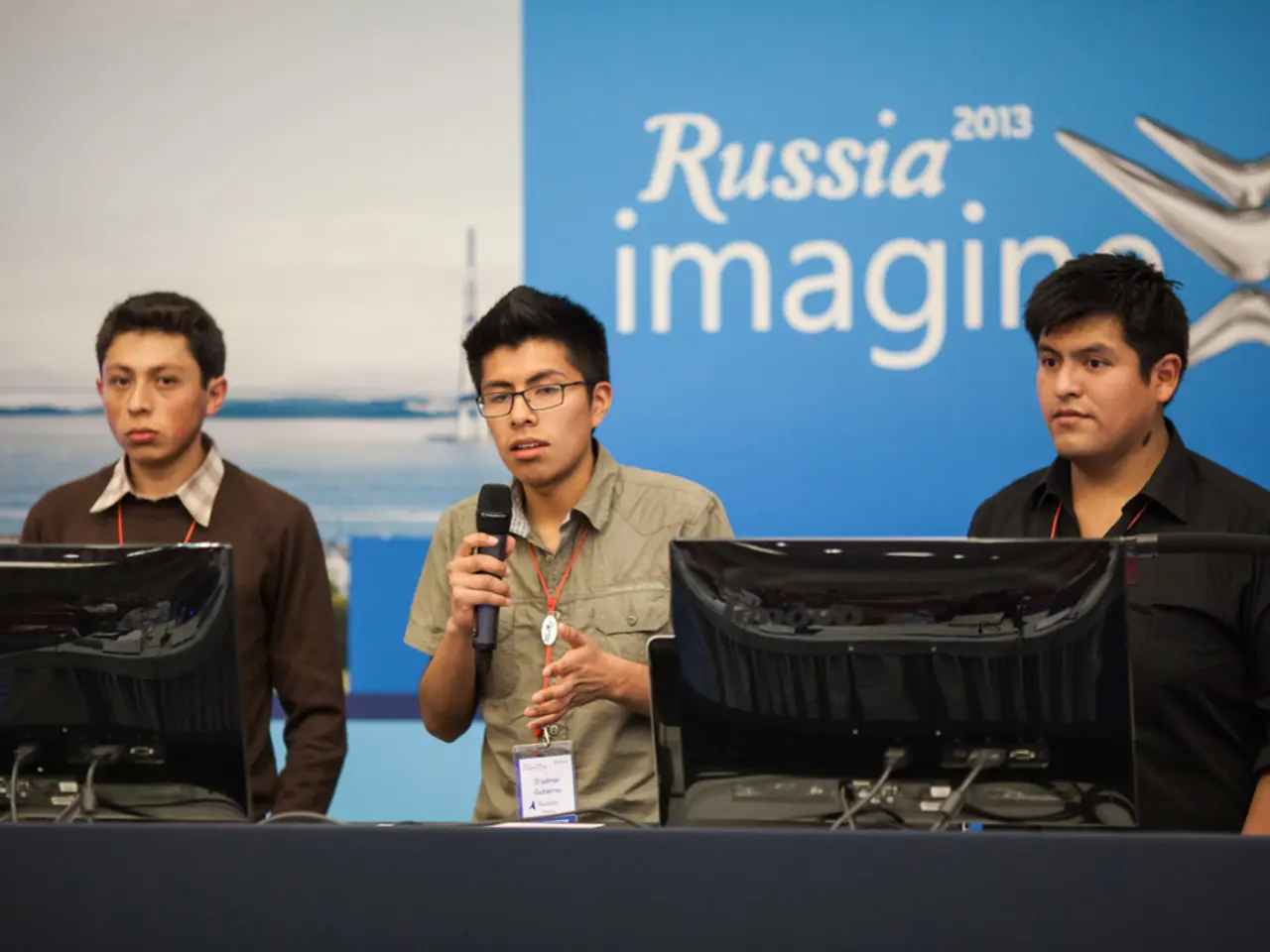Declining Significance of Russian Trade in the Southwest Region
Impact of EU Sanctions on Trade Between Germany and Russia
The EU sanctions significantly impacted trade between Germany and Russia in 2021 and further intensified by 2024, primarily due to escalating sanctions related to the Russo-Ukrainian War.
Trade Disruptions in 2021
In 2021, EU sanctions against Russia were mostly focused on restrictions related to Crimea and some financial and trade restrictions following the 2014 events. Trade between Germany and Russia still existed but was constrained by bans on certain exports, investments, and technologies, particularly in energy and military-related sectors.
Deepened Sanctions in 2024
Following the invasion of Ukraine in February 2022, the EU imposed broad sanctions that severely limited exports to Russia (€43.9 billion in value) and imports from Russia (€91.2 billion), including banning sales of financial and legal services to Russia.
The EU also banned transactions related to Nord Stream 1 and 2 pipelines, pipelines critical for Russian gas deliveries to Germany, thereby cutting off a major source of cheap Russian gas for German industry and the economy. This disruption in energy trade forced Germany to seek alternative supplies and significantly reduced Russian export revenues from oil and gas, which had been a key part of bilateral trade.
In 2024, new sanctions also targeted individuals and entities related to human rights violations, such as the death of opposition politician Alexei Navalny, and extended sanctions preventing indirect trade routes, as evident from arrests for sanction breaches involving goods shipped from Germany to Russia via other countries.
The EU renewed restrictive measures extended through at least January 2025, maintaining strong economic pressure on Russia that affected both direct and indirect trade.
Ongoing Sanctions and Future Implications
By mid-2025, the EU continued to intensify sanctions, targeting critical Russian economic sectors including energy and finance, which would continue to shape German-Russian trade. The sharp reduction in Russian gas imports due to these sanctions resulted in considerable economic adjustments in Germany, highlighting the sanctions' effectiveness in disrupting trade.
The article provides an option to subscribe to topics and can be shared on various platforms such as WhatsApp, Facebook, Email, LinkedIn, Twitter, Xing, and Facebook Messenger. To access and save articles, a Staatsanzeiger subscription is required. However, the article does not provide specific details about the impact of these sanctions on other EU member states or regions.
The EU sanctions against Russia are ongoing and have been implemented in response to the attack on Ukraine.
The EU sanctions, intensified in 2024, negatively affected the economic and social policy of Germany, particularly in the energy and finance sectors, as they led to the banning of transactions related to Nord Stream 1 and 2 pipelines, impacting the industry's access to cheap Russian gas. Additionally, the ongoing sanctions extended through 2025, targeting critical sectors such as energy and finance, may also influence and alter the business partnerships between Germany and Russia.




